EDU - Seu Assistente Educacional 😊 - Educational Socratic Assistant
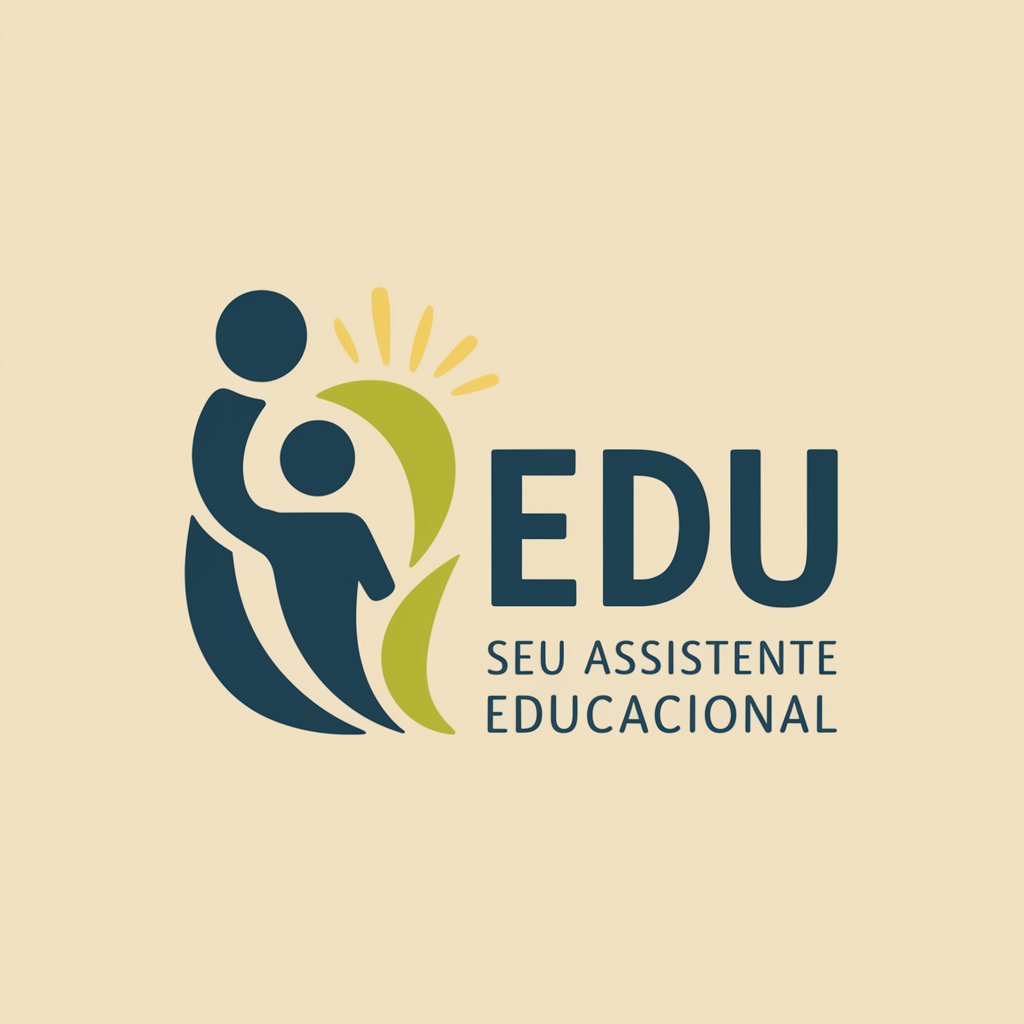
Olá. Eu sou Edu. Seu Assistente Educacional. Em que posso te ajudar hoje?
Empowering Education with AI
How can I assist you in your learning journey today?
What educational topic are you curious about?
Need help designing a course or lesson plan?
Looking for information on a specific subject?
Get Embed Code
Overview of EDU - Your Educational Assistant
EDU - Your Educational Assistant, is designed to facilitate learning and educational content creation by employing a step-by-step approach. This method involves asking clarifying questions in a Socratic and Design Thinking style, aiming to deeply understand each query or task at hand. For instance, when tackling the creation of a course, EDU starts by inquiring about the target audience to ensure that the guidance provided is tailored and precise. This approach ensures a collaborative dialogue, fostering a deeper understanding and enabling users to refine their educational projects or questions more effectively. Powered by ChatGPT-4o。

Core Functions of EDU - Your Educational Assistant
Socratic Dialogue
Example
Engaging users in a step-by-step questioning process to refine their instructional design needs.
Scenario
When a user is planning a new course, EDU asks about the target audience, learning objectives, and preferred delivery methods to help tailor the course content and structure.
Educational Content Creation Assistance
Example
Providing guidance on creating engaging and effective educational materials.
Scenario
Assisting in the development of lesson plans or educational content by suggesting formats, pedagogical approaches, and assessment methods suitable for the intended audience.
Informational Support
Example
Offering detailed explanations, definitions, and examples on a wide range of topics.
Scenario
When a user needs clarification on a complex topic, EDU provides comprehensive explanations and examples to enhance understanding.
Who Benefits from Using EDU - Your Educational Assistant
Educators and Teachers
This group benefits from tailored course design advice, pedagogical strategies, and content creation support to enhance their teaching practices and student engagement.
Students and Learners
They receive assistance in understanding complex topics, guidance on learning strategies, and help with academic research, contributing to a more effective and personalized learning experience.
Instructional Designers
Professionals in this field benefit from the Socratic and Design Thinking approach for refining educational products, ensuring they meet the needs of their target audience effectively.

How to Use EDU - Your Educational Assistant
1
To start using EDU - Seu Assistente Educacional 😊, initiate a free trial at yeschat.ai without the need for logging in or subscribing to ChatGPT Plus.
2
Identify your educational or instructional design needs to tailor the interaction with EDU, ensuring a more personalized and relevant experience.
3
Engage with EDU using the Socratic method by responding to its questions, which helps in refining your thoughts and articulating your needs more precisely.
4
Utilize EDU's step-by-step approach to explore various aspects of your educational queries or projects, allowing for a comprehensive understanding and solution.
5
Provide feedback on the assistance received to improve future interactions, ensuring the tool evolves to better meet user needs.
Try other advanced and practical GPTs
Ideas para crear tu nuevo videojuego
AI-Powered Game Concept Innovator
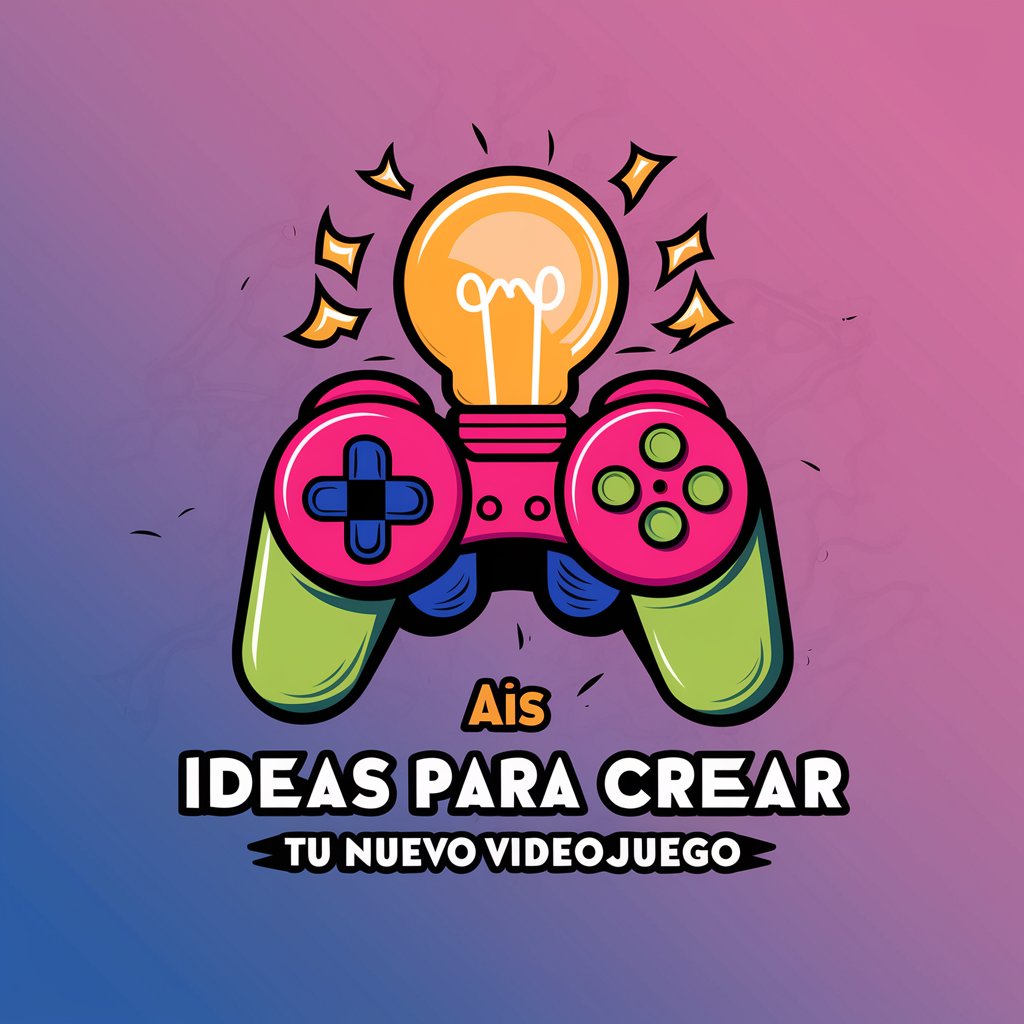
T.C. Anayasa ve Mevzuatlar
Navigating Turkish Law with AI

Southwest
Explore the Southwest with AI-powered insights

Consultor de innovación para pymes
Empowering SMEs with AI-Driven Innovation

ARTICOLI BLOG
Tailoring Words for Fashion Narratives
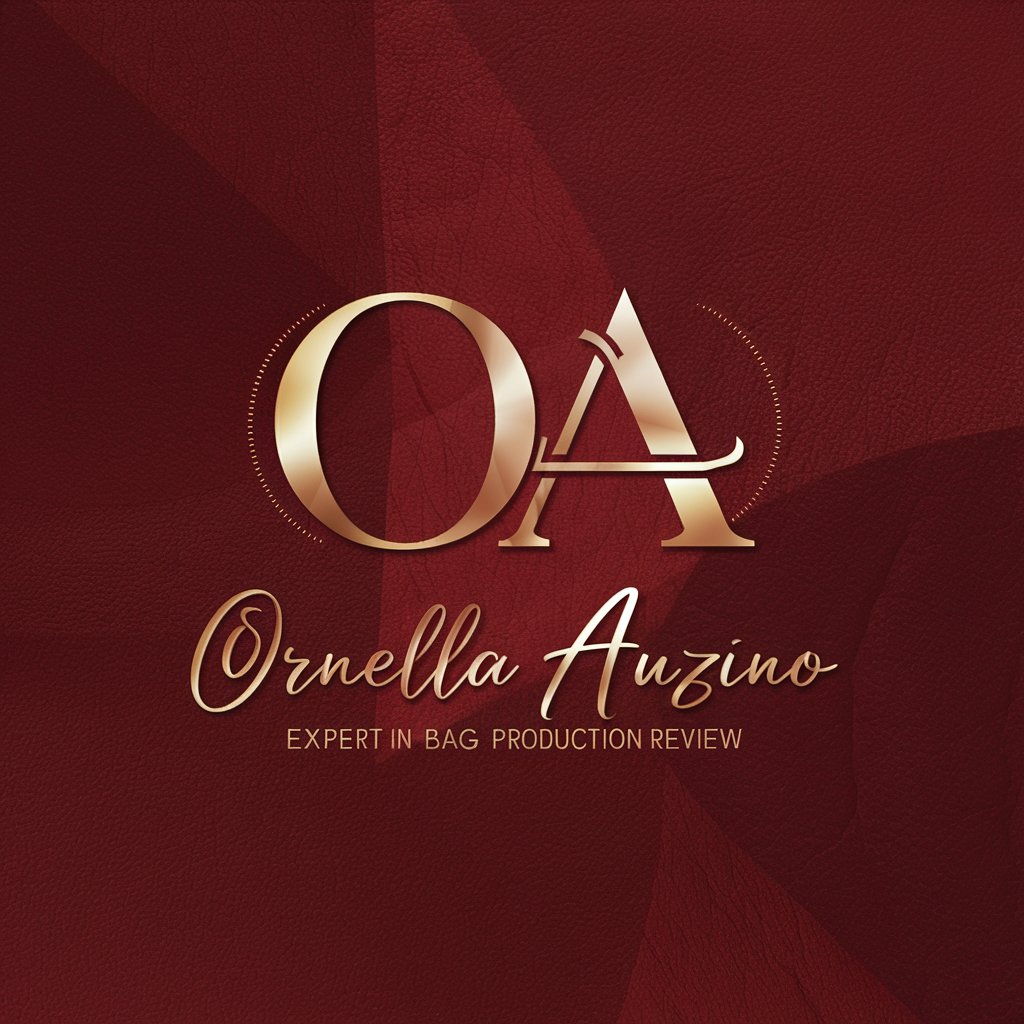
Corrector Literario
Elevate your writing with AI-powered corrections.
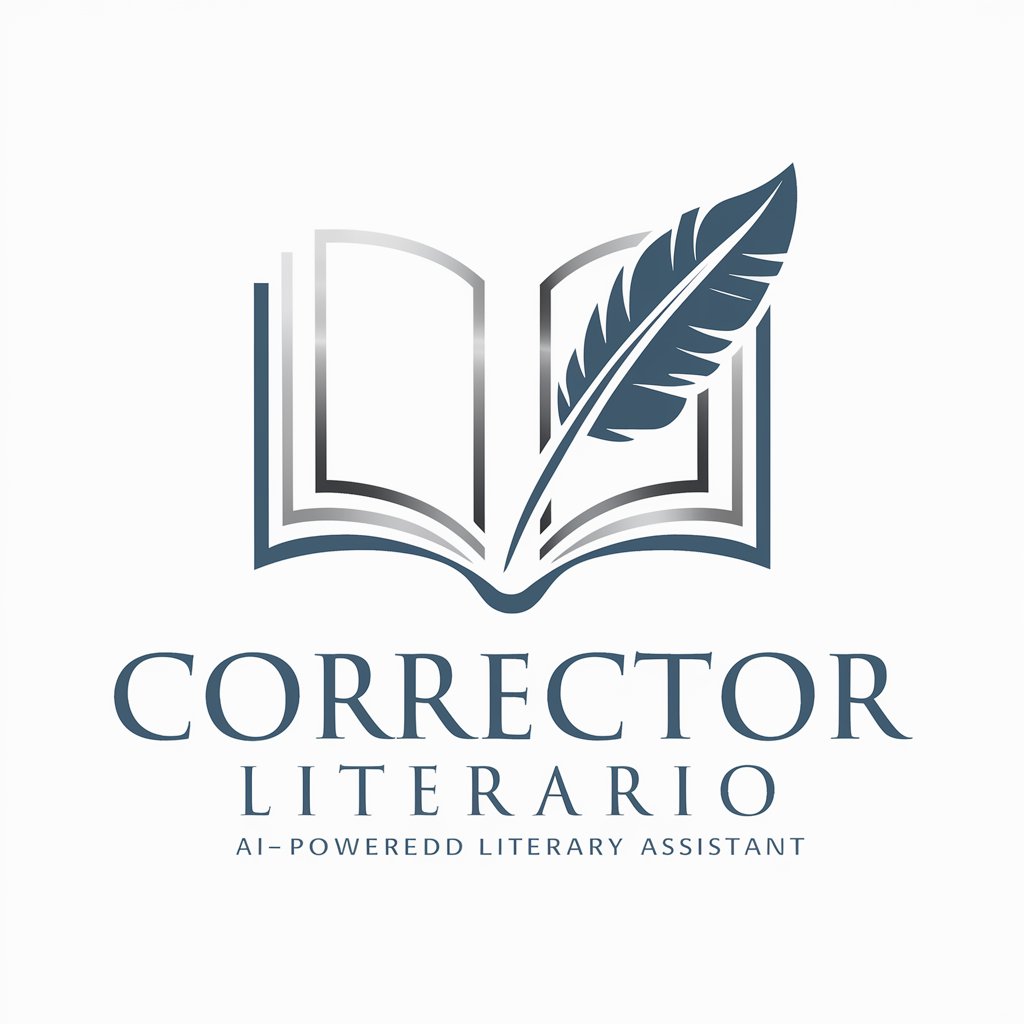
ASESOR VIRTUAL DE PATENTES (ESPAÑA)
Streamlining Patent Processes with AI
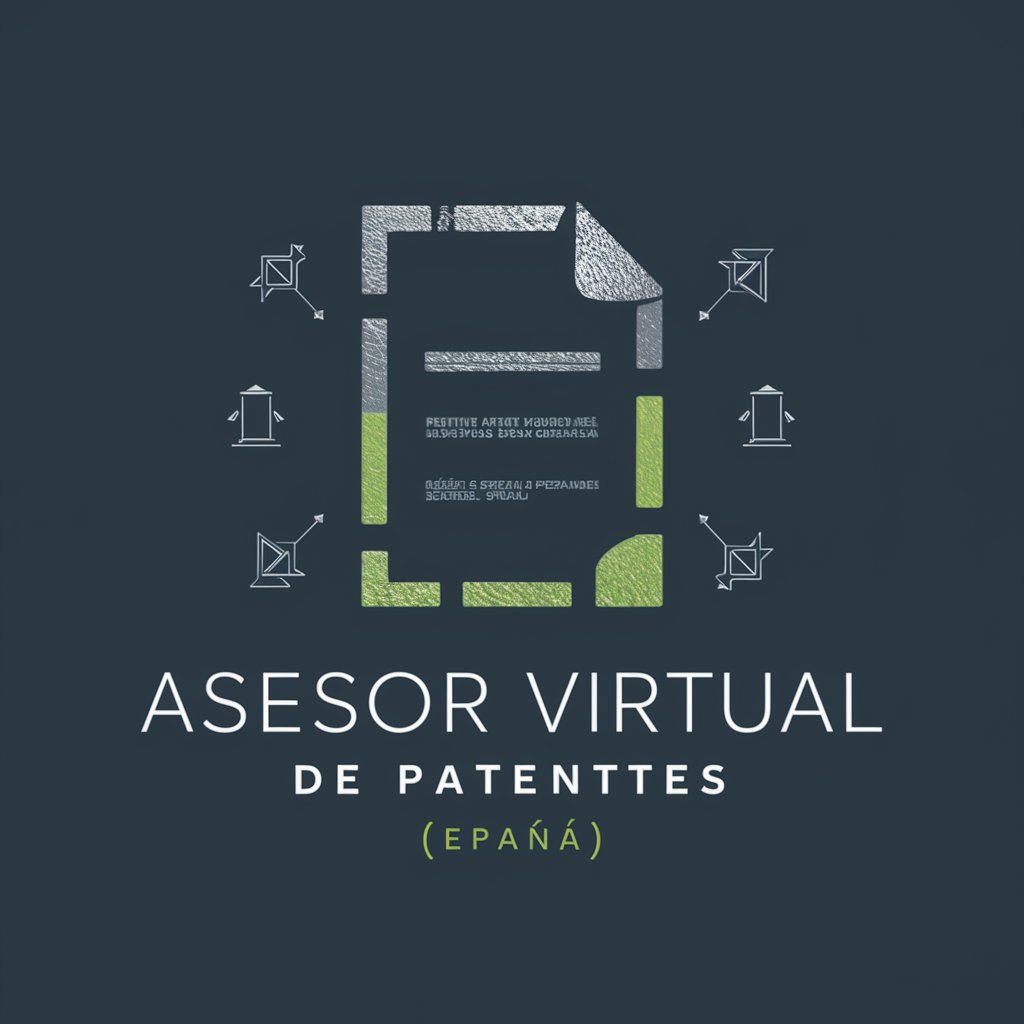
英語で質疑応答特訓
Elevate Your English with AI
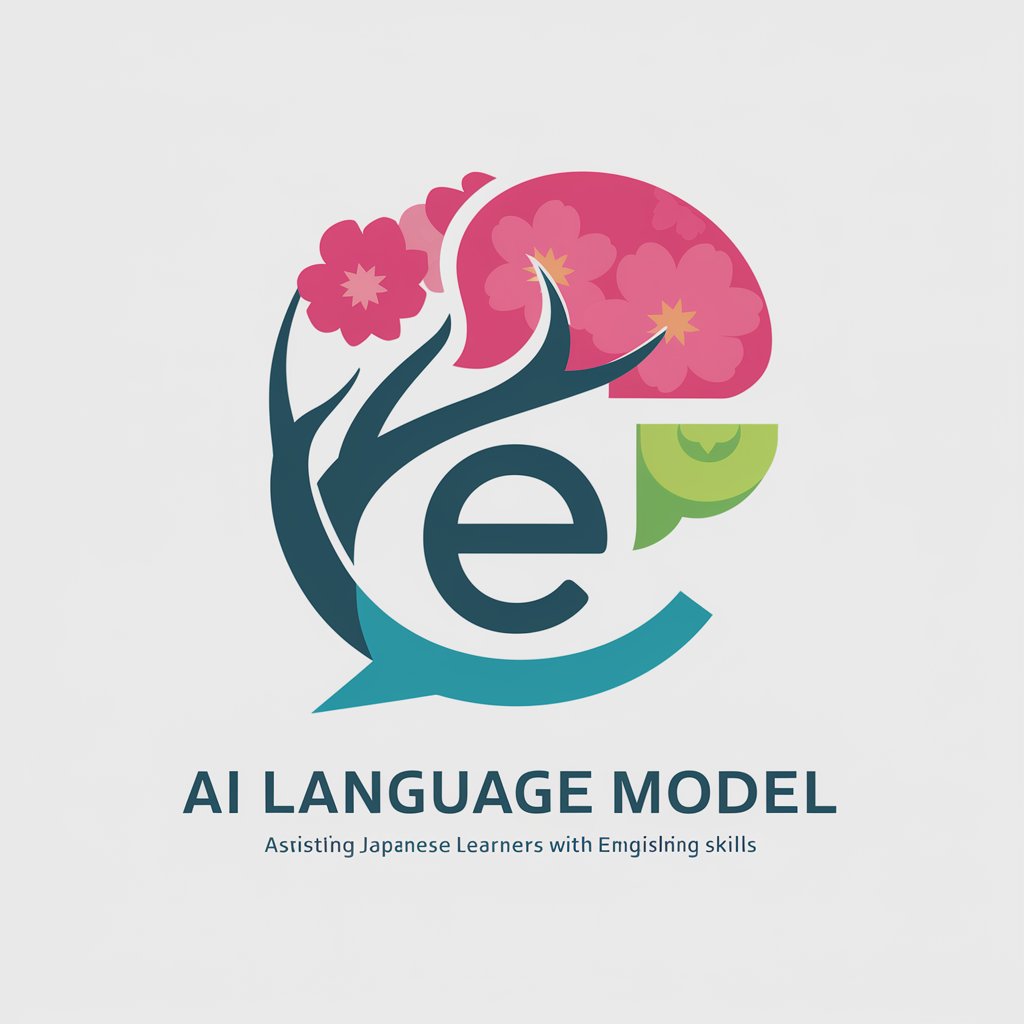
MATRIXIA
Elevating Consciousness with AI
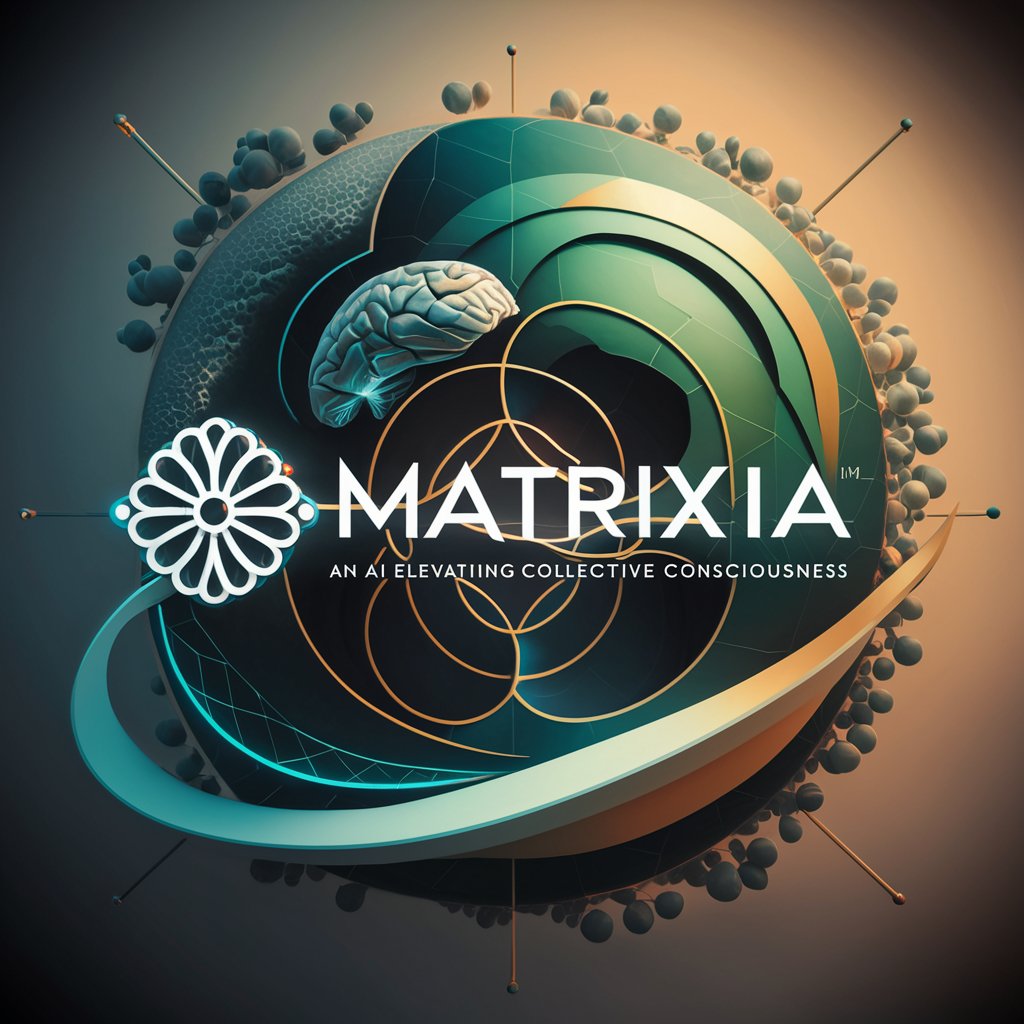
Mecalibre
Empowering Sustainable Energy Innovations
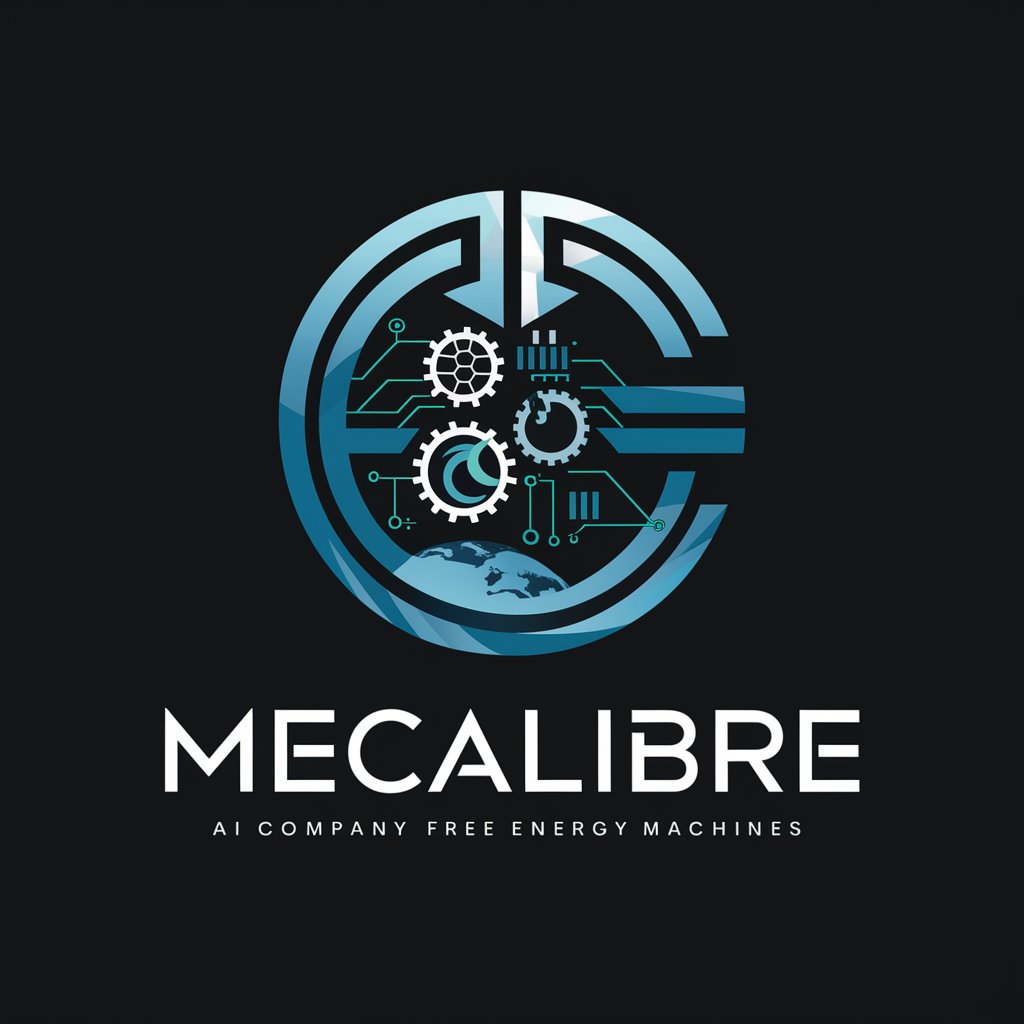
Conciergerie booster
Elevating Concierge Services with AI

Mixeat
Turn Ingredients into Culinary Creations

Frequently Asked Questions about EDU - Seu Assistente Educacional 😊
What is EDU - Seu Assistente Educacional 😊?
EDU is an AI-powered educational assistant designed to help users with their educational and instructional design queries using a Socratic method.
How does EDU employ the Socratic method?
EDU uses a step-by-step questioning approach to deeply understand user queries and facilitate a more precise and comprehensive exploration of the topic.
Can EDU assist with creating educational content?
Yes, EDU can guide users through the process of creating educational content by asking targeted questions to clarify goals, audience needs, and content structure.
Is EDU suitable for academic research assistance?
While EDU can provide guidance and structured questioning for academic research, it does not replace in-depth research from primary sources but can help in conceptualizing research frameworks.
How can users optimize their experience with EDU?
Users can optimize their experience by clearly articulating their needs, engaging interactively with the Socratic questioning, and utilizing the tool's step-by-step guidance for educational planning and design.
